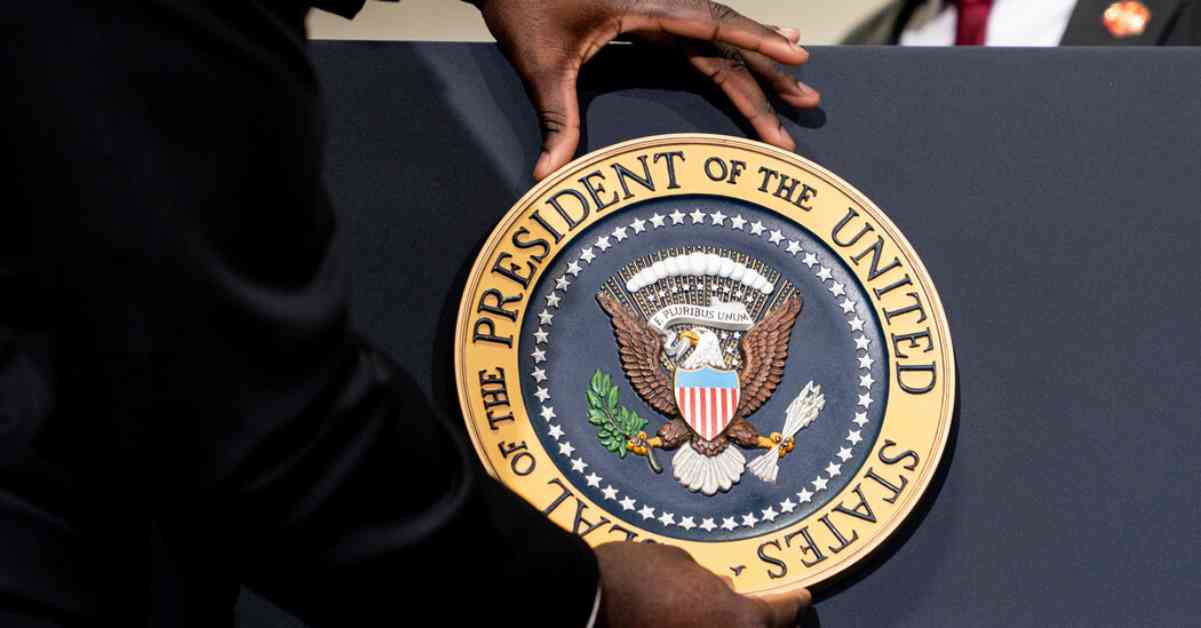The recent Supreme Court decision granting immunity to presidents for their official actions marks a significant increase in executive power that will have lasting effects even beyond the Trump administration. This ruling not only impacts the current case against Donald J. Trump but also contributes to the continuous growth of presidential power since the mid-20th century.
In the past, it was commonly accepted that presidents are not above the law, as seen in lower court opinions addressing President Trump’s unconventional behavior. However, with this decision, presidents now have a level of immunity similar to that of monarchs, as stated by Justice Sonia Sotomayor in her dissenting opinion. She expressed concern that the president is now perceived as being above the law in every official action taken.
On the contrary, Chief Justice John G. Roberts Jr., writing for the majority, defended the decision by emphasizing the unique position of the president as a separate branch of government with extensive powers and responsibilities. He argued that this immunity is necessary to protect the president from prosecution in cases where they are accused of using their powers unlawfully.
This shift in the balance of power between the president and the people highlights a fundamental change in the relationship between the two. The implications of this ruling go beyond the current political landscape and will have far-reaching consequences for future administrations.
As we navigate through this new era of presidential immunity, it is essential to consider the implications of such a ruling on the democratic principles of accountability and transparency. The debate over the extent of presidential power and immunity will continue to shape the political landscape and the relationship between the government and its citizens.
In conclusion, the Supreme Court’s decision to grant immunity to presidents for their official actions represents a significant expansion of executive power that will have long-lasting effects on the balance of power within the government. It is crucial for the public to stay informed and engaged in discussions surrounding this ruling to ensure that democratic principles are upheld and preserved for future generations.





















